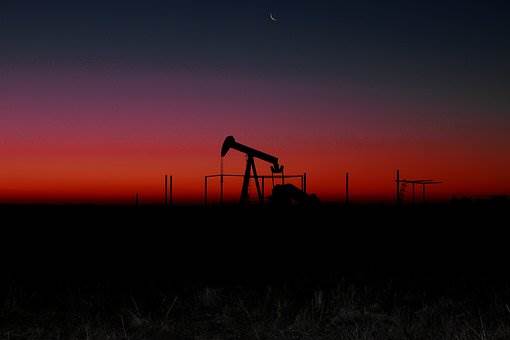
On Saturday, a Saudi Arabian oil production facility in Abqaiq was attacked by multiple drones, striking 17 locations within the facility. The attack was claimed by Houthi rebels who are fighting against the government of Yemen which is being supported militarily by Saudi Arabia. The rebels are known to get military support from Iran which has fuelled suspicion that the “sophisticated weapons” used to target the oil facility could only have come from Iran, raising the possibility of an escalation of the conflict should the USA become drawn into retaliatory military action against Iranian targets. The rebel group has warned of more attacks and claimed that it has weapons which can strike targets across Saudi Arabia.
The attack has disrupted Saudi oil production, reducing output by 50% and resulting in a 5% decline in global output. Restoration of full production is likely to take many weeks. Globally, Saudi Arabian oil accounts for approximately 13% of output.
The attack saw the price of crude oil rise on global markets with Brent crude rising from $60.22 before the attack to a spike of $69.02 on Monday. The price currently has eased to $67.53 (at the time of writing). Monday’s price rise ended at just under 15% making it the largest single day increase in the price of Brent crude (an industry benchmark) since 2008. However, at one point, the peak almost touched 20%, making it the biggest single day price rise in the commodity’s history. Despite Saturday’s event, the oil price is still well off the year’s high of $86.29, seen in October 2018.
The decision by the USA to release part of its strategic reserve was responsible for the falling back of the oil price in the aftermath of the attack. Any military retaliatory measures that the USA takes against Iran are likely to cause further, sharp increases in the oil price – similarly further rebel attacks on Saudi Arabia’s oil production facilities will also exert an upwards pressure on the price.
Current oil prices are low by historical standards. In June 2008, Brent crude was just shy of $140 per barrel. The decline since then in the oil price was due to a number of factors including a glut in oil production; the economic effects of the Global Financial Crisis; relatively mild winters; and, more recently, a slowdown in global economic growth which depresses demand for oil.
